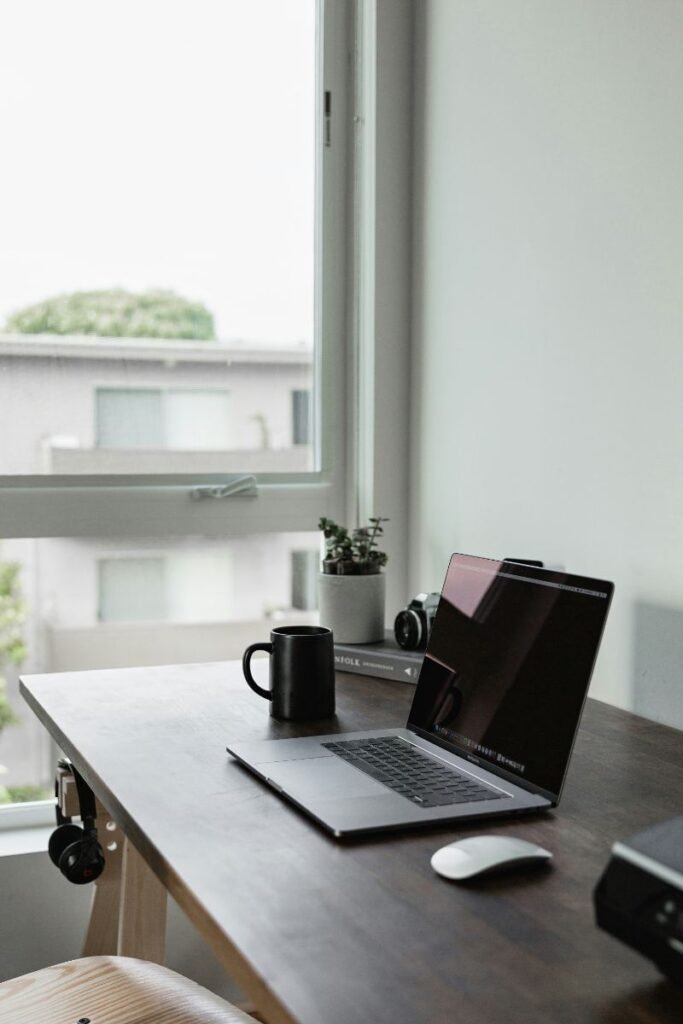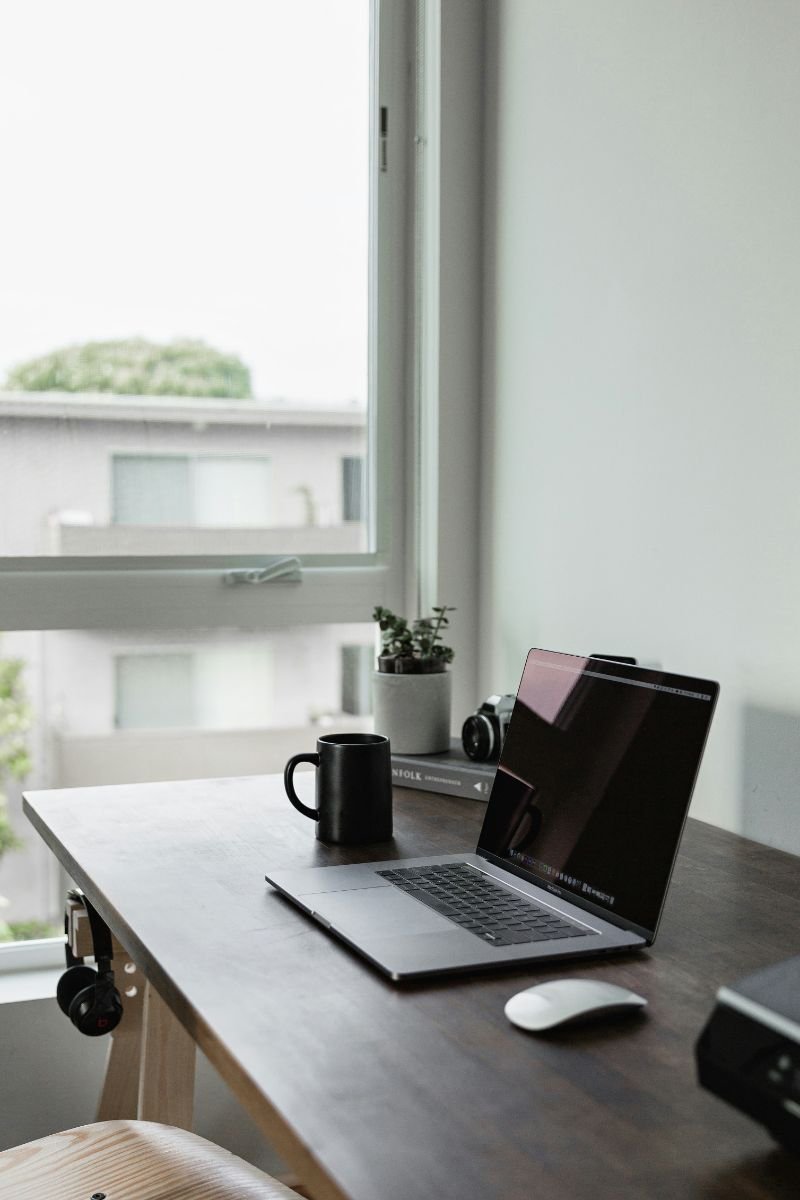Jobs for People with Anxiety: Tips and Recommendations
If you suffer from anxiety, finding a job that doesn’t exacerbate your symptoms can be a challenge. However, there are jobs out there that can be a good fit for people with anxiety. These jobs can provide a supportive environment, low stress, and flexibility to accommodate your needs.
When looking for a job, it’s important to consider your own unique needs and triggers. For example, if you get anxious in crowded places, a job in a busy store may not be the best fit for you. On the other hand, if you prefer working alone, a job that requires a lot of interaction with others may not be ideal. It’s important to find a job that fits your personality and preferences.
Fortunately, there are many jobs that can be a good fit for people with anxiety. These jobs range from low-stress positions like writing or pet care to more specialized roles like massage therapy or overnight security. With the right job, you can manage your anxiety symptoms and find success in your career.
Understanding Anxiety and Employment

If you have anxiety, you may feel like finding and keeping a job is an insurmountable challenge. However, with the right support and accommodations, you can find a fulfilling career that works for you. In this section, we will explore the different types of anxiety disorders and how they can impact your work performance.
Types of Anxiety Disorders
There are several types of anxiety disorders, including Generalized Anxiety Disorder (GAD), Social Anxiety Disorder, Panic Disorder, and Obsessive-Compulsive Disorder (OCD). Each type of anxiety disorder can manifest differently and may require different accommodations in the workplace.
GAD is characterized by excessive worry about everyday events and activities. People with GAD may find it challenging to concentrate on work tasks and may struggle with decision-making. Social Anxiety Disorder, on the other hand, involves intense fear and avoidance of social situations. This can make it difficult to participate in team meetings, give presentations, or interact with colleagues.
Panic Disorder involves sudden and intense panic attacks, which can be debilitating and interfere with work tasks. Finally, OCD involves intrusive thoughts and compulsive behaviors that can be time-consuming and distracting. Understanding the specific type of anxiety disorder you have can help you identify the most effective accommodations for your needs.
Impact of Anxiety on Work Performance
Anxiety can have a significant impact on work performance. People with anxiety may struggle with concentration, decision-making, and time management. They may also experience physical symptoms, such as headaches, stomachaches, and fatigue, which can make it challenging to focus on work tasks.
However, with the right accommodations, people with anxiety can thrive in the workplace. Accommodations may include flexible work hours, reduced workload, private workspaces, and access to mental health resources. By working with your employer to identify the accommodations that work best for you, you can overcome the challenges of anxiety and achieve success in your career.
Best Jobs for Individuals with Anxiety

If you have anxiety, finding a job that doesn’t exacerbate your symptoms can be a challenge. However, there are several careers that are well-suited to individuals with anxiety. Here are a few examples:
Freelance Writing
Freelance writing is an excellent option for individuals with anxiety because it allows you to work from home and set your own hours. This means that you can create a work environment that is comfortable and conducive to your mental health. Additionally, freelance writing provides an opportunity to work on a variety of projects, which can help to keep things interesting and prevent burnout.
Graphic Design
Graphic design is another career that is ideal for individuals with anxiety. Like freelance writing, graphic design allows you to work from home and set your own hours. It also provides an opportunity to work on a variety of projects, which can help to keep things interesting and prevent burnout.
Accounting
If you’re looking for a more structured career, accounting may be a good fit for you. While it may not offer the same level of flexibility as freelance writing or graphic design, accounting is a stable and well-paying career that can help to alleviate anxiety. Additionally, the nature of the work is highly structured, which can help to reduce stress and provide a sense of stability.
Overall, there are several careers that are well-suited to individuals with anxiety. Whether you choose to pursue a career in freelance writing, graphic design, or accounting, it’s important to find a job that allows you to create a work environment that is comfortable and conducive to your mental health.
Creating a Supportive Work Environment
If you experience anxiety, it’s essential to have a supportive work environment that understands and accommodates your needs. Here are some ways your workplace can create a supportive environment to help you manage your anxiety.
Flexible Work Arrangements
Flexible work arrangements can help reduce anxiety by giving you more control over your work schedule. This can include options like telecommuting, flexible hours, or job sharing. By having more control over your work schedule, you can better manage your anxiety and reduce stress levels.
Mental Health Resources
Employers can provide mental health resources to help employees manage anxiety. This can include access to an Employee Assistance Program (EAP), counseling services, or mental health support groups. Having access to these resources can help employees feel supported and better equipped to manage their anxiety.
Supportive Management Practices
Supervisors can play a crucial role in creating a supportive work environment. By being understanding and supportive of employees with anxiety, supervisors can help reduce stress levels and improve overall job satisfaction. Some supportive management practices include:
- Regular check-ins to discuss workload and stress levels
- Encouraging open and honest communication about mental health
- Offering accommodations such as a quiet workspace or flexible schedule
- Providing positive feedback and recognition for a job well done
By creating a supportive work environment, employers can help employees with anxiety manage their symptoms and thrive in the workplace.
Job Search Strategies for People with Anxiety

If you have anxiety, the job search process can be overwhelming. However, there are strategies you can use to make the job search less stressful and more manageable. Here are some tips to help you:
Leveraging Online Platforms
Online job search platforms such as Indeed, LinkedIn, and Glassdoor can be very helpful in your job search. You can set up job alerts to receive notifications when new job listings that match your criteria are posted. This way, you won’t have to constantly check the job search platforms, which can be anxiety-inducing.
Additionally, you can use these platforms to research companies and job positions. This will help you prepare for interviews and make informed decisions about which jobs to apply for.
Networking Tips
Networking can be a great way to find job opportunities. However, it can also be anxiety-provoking for some people. To make networking less stressful, consider attending networking events with a friend or colleague. This way, you’ll have someone to talk to and can feel more comfortable.
Another option is to network online. LinkedIn is a great platform for professional networking. You can connect with people in your industry and even reach out to recruiters directly.
Preparing for Interviews
Interviews can be nerve-wracking, but there are steps you can take to feel more prepared and confident. Research the company and the position you’re applying for, and practice answering common interview questions. This will help you feel more prepared and less anxious during the interview.
It’s also important to take care of yourself before the interview. Get a good night’s sleep, eat a healthy meal, and practice relaxation techniques such as deep breathing or meditation. This will help you feel more calm and focused during the interview.
By using these strategies, you can make the job search process less stressful and more manageable. Remember to take care of yourself and seek support if you need it. Good luck with your job search!






